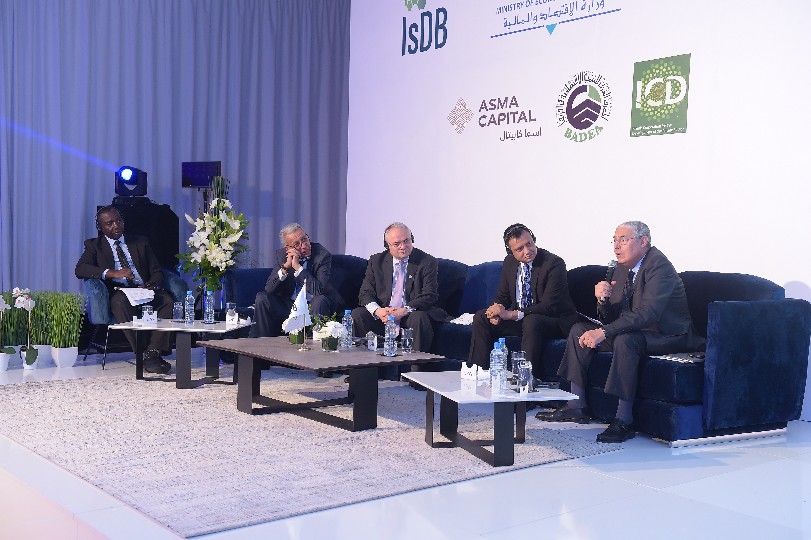1740 results found
Featured results



More results
The Navigator – a web-based platform – helps project teams, public authorities and financiers to find the right sustainable infrastructure tool from amongst 50+ rating systems, high-level principles and guidelines.

This paper provides reflections and considerations as to how MDBs including the IDB can use the Project Preparation Facilities (PPFs) to help countries fill the infrastructure gap by improving the quality of projects, reducing and mitigating risks, and leveraging private financing.

sustainABLE is a free online platform modelled on research jointly published by UNOPS and the University of Oxford-led Infrastructure Transitions Research Consortium. The extensive research explored the critical role of infrastructure in achieving the SDGs. The tool aims to advance the SDGs by promoting practical measures that encourage project sustainability across a broad range of sectors.

On the 13 March 2019, the Global Infrastructure Hub and Meridiam, signed an MOU on behalf of the Africa Infrastructure Fellowship Program (AIFP) with the Government of Ethiopia. The MOU was the first of its kind for the initiative, which will open its application process later in 2019.
Inadequate financing for project preparation can result in projects being taken to procurement without the requisite readiness, which can lead to cost and time overruns during implementation, or a project that is not well-suited to the needs of the public.
The EIB Group is committed to continue maintaining a stringent policy against tax fraud, tax evasion, tax avoidance as well as money laundering and terrorism financing.

PPP online courses provide an understanding of the key principles of PPPs and the role of PPPs in the delivery of infrastructure services, particularly in emerging markets.

The purpose of these principles is to help government work with private sector partners to finance and bring to fruition projects in areas of vital economic importance, such as transport, water and power supply and telecommunications.

This Guidance note provides a set of selected voluntary policy recommendations that seek to help governments in tackling challenges related to mobilising private financing for infrastructure and SMEs.

This certification program aims to enhance PPP performance globally. Individuals awarded the Certified PPP Professional (CP3P) credential demonstrate to peers that their abilities align with global PPP good practices.

The PPP Screening Tools is for preliminary screening of projects to determine their potential suitability for PPP procurement.

Well-planned and prioritised infrastructure investment improves productivity, engenders competitiveness and contributes to long-term sustainable economic growth. Nevertheless, the extent of realising these benefits from infrastructure investment varies considerably across sectors, by regions and by level of regulatory and institutional maturity.
In June 2016, under Japanese presidency, G7 Leaders endorsed G7 Ise- Shima Principles for Promoting Quality Infrastructure Investment, which has crystalized as definition of quality infrastructure investment.

G20 finance ministers and central bank governors developed a set of leading practices to promote and prioritize quality infrastructure investment.

The Global Infrastructure Hub (GI Hub) and Sustainable Infrastructure Foundation (SIF) signed a Memorandum of Understanding (MoU) today to foster their cooperation and collaboration in the area of global infrastructure development.
With regards to the emphasis on the proper risk allocation, the Risk Allocation Guideline, which has been released annually, becomes very essential as a key reference in assessing and allocating risks for the purpose of guarantee provision, as mandated by the regulation.


The Climate and Disaster Risk Screening Tools developed by the World Bank, provide a systematic, consistent, and transparent way of considering short- and long-term climate and disaster risks in project and national/sector planning processes.






 Project Preparation Tool
Project Preparation Tool




